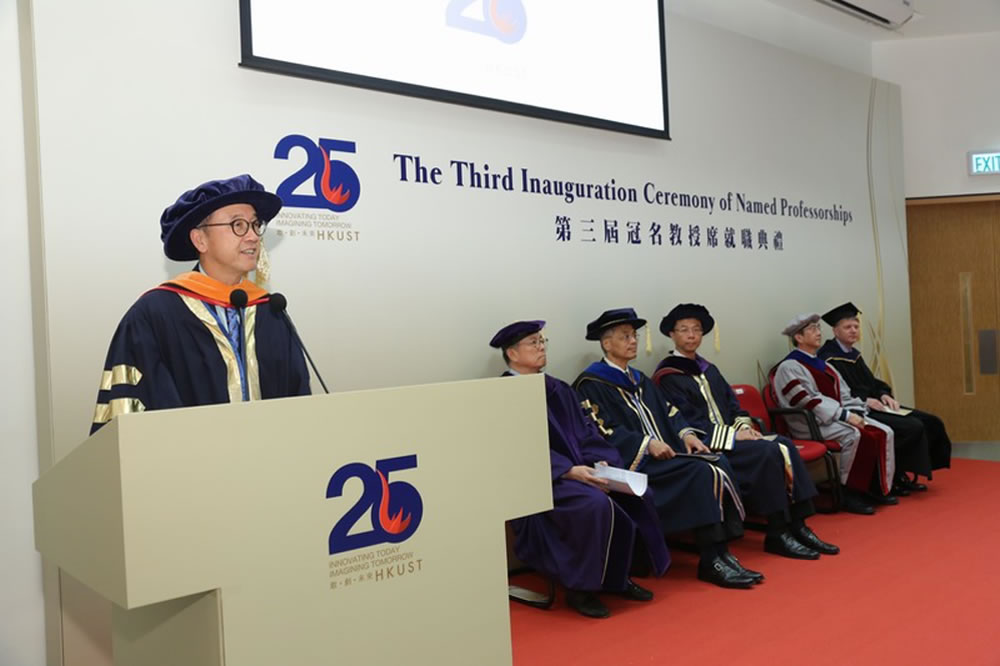Professor Khaled Ben Letaief is a man born for the Communication Age. Educated at Purdue University (where he obtained all his university degrees from BS, MS to Ph.D.), he went on to receive his alma mater’s Outstanding Electrical and Computer Engineer Award. There is no Nobel Prize for Engineering. But within his field, an IEEE Fellow, of which he is one, is the highest award bestowed upon members who had demonstrated outstanding achievements in their profession. In fact, he has a long list of awards from IEEE, having won the IEEE Marconi Prize Award in Wireless Communication, the IEEE Harold Sobol Award, the IEEE ComSoc Publications etc. plus over 15 IEEE Best Paper Awards. In terms of patents, he has two in China, 11 in the US, along with 6 technical contributions to IEEE standards. He has over 600 journal and conference papers and key-note talks to his credit.
But this is a man who should not be judged by the number of awards or papers alone. For he is a scientist with a keen social conscience. He is a fervent believer in green communication. In the Internet Age, everything is connected to the network, requiring a huge amount of energy. He wants to do his part to make wireless communication as environmentally-friendly as possible, whatever form wireless communication takes, including community social robots for the elderly.
Professor Ben Letaief has his eyes firmly focused on the future. At a time when the US is fighting tooth and nail with China over global 5G dominance, he is already thinking ahead to 6G and the Internet of Everything with hyper-speed and intelligent communication. He believes in bringing the tactile internet and the physical world together for the benefit of humanity. This utopian world, according to the good professor, is achievable in 2030. He is ready for this brave new world in future wireless innovation and evolution, ironically because politics has intruded into the global competition for technological supremacy in communication.
Professor Ben Letaief might have made his mark as an innovative researcher, but he is equally impressive as a teacher of the first order. He is the winner of more than 6 teaching awards, including the Michael Gale Award. The driving force behind the Education Innovation Center at HKUST, he has a huge number of graduates scattered across various parts of the world. He is very proud of the fact that one of his students has been named Academician. To his way of thinking, a worthy academic must be excellent in both education and research. In fact, the two cross-fertilize each other and go hand-in-hand. Here at HKUST, he practices and promotes student-centered experiential learning. He thinks that being a professor is the best job in the world, because he is always learning from his students as much as they are learning from him. There is nothing more exciting that having his students solve problems together with him. In the cause of good teaching he is not just paying lip service. Both of his daughters graduated from HKUST, with one of them winning the President’s Cup for final year students. He has been invited to give many talks on the Chinese mainland, including by the prestigious Tsinghua University. He would like to see Chinese students challenge their teachers more. If nobody asks questions, that makes the professor's job too easy.
Professor Ben Letaief is doing everything he can to put Hong Kong on the map through his intellectual leadership and innovative achievements. As an exceptional leader in wireless communications, he is all geared up to compete with such leading research-intensive universities as Stanford and MIT. He refuses to settle for second-place or second-rate. He believes that, in his field, Hong Kong is capable of going all the way to the top.















